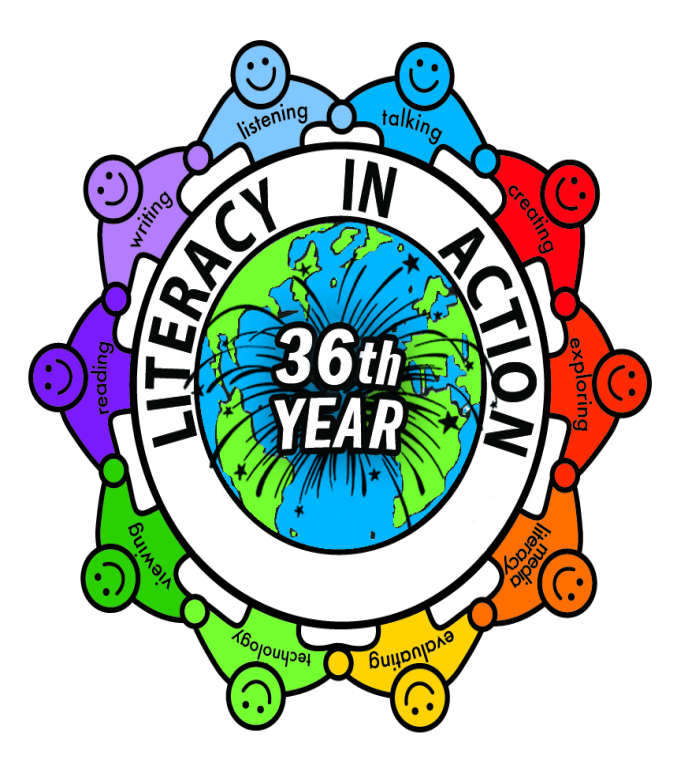(A Brief) History of ATEQ
The Association of Teachers of English of Quebec (ATEQ) was founded in the late 1960s in an initiative spearheaded by John Gaw, the first Coordinator of Curriculum for English Language Arts at the newly-created Quebec Ministry of Education.
John’s vision was to provide a forum where English teachers from around the province could come together and assume a leadership role in the development and promotion of English Language Arts education in Quebec. Around the table at those early meetings sat educators from across the discipline, master teachers like Aileen Collins, Allan Patenaude, Patrick Dias (McGill), Louise Robb, Mary Maguire (McGill), Denise Cummings, Irena Gerych, Michael Thomas, Marjorie Gawley and Winston Emery (McGill) among others.
ATEQ couldn’t have had a more auspicious beginning.
The 1970s saw a revolution in the teaching of English, in what was a worldwide movement aimed at modernizing the knowledge and practice of the early decades of the twentieth century.

These were exciting times, filled with the promise of new knowledge and innovation, and ATEQ wasted no time getting on board. Springboards, an annual conference designed to bring ELA teachers together with colleagues from different regions, provinces and countries, was launched circa 1975. It quickly became the venue for meetings with some of the greats in ELA education worldwide at that time, among them: Harold Rosen, Jerome Bruner, Louise Rosenblatt, James Moffett, James Britton, Nancy Martin, Shirley Brice-Heath, Ken Goodman, Donald Graves and Garth Boomer. The ideas and knowledge they brought to Quebec educators enriched our pedagogy so greatly that Quebec became known worldwide as a leader in English Language Arts education.
As ATEQ evolved over the decades, supporting ELA teachers in Quebec has remained at the heart of its mission. In that context, ATEQ has worked diligently to achieve strong, collaborative relationships with many associations of teachers, school boards, teacher unions, universities and policy makers.
ATEQ has a proud legacy: hosting national conferences under the umbrella of the Canadian Council of Teachers of English Language Arts (CCTELA) and with its American partners, specifically the National Council of Teachers of English (NCTE); pioneering the first grants for excellence in teaching (GET) offered to practising teachers in Quebec; sponsoring a variety of professional development events throughout the teaching year; being in the forefront of creating a range of classroom resources generated by Quebec teachers; and actively forging links with organizations such as QPAT as well as MEQ, where ATEQ has campaigned to ensure that teachers voices are heard when policy is being written.
ATEQ’s history is remarkable, and perhaps especially in light of the changing face of minority English education in Quebec since the 1960s. But however the landscape of teaching and learning in Quebec has changed, ATEQ remains committed to its original mandate: to support ELA teachers by promoting their practical, grassroots knowledge as the foundation on which our community is based.